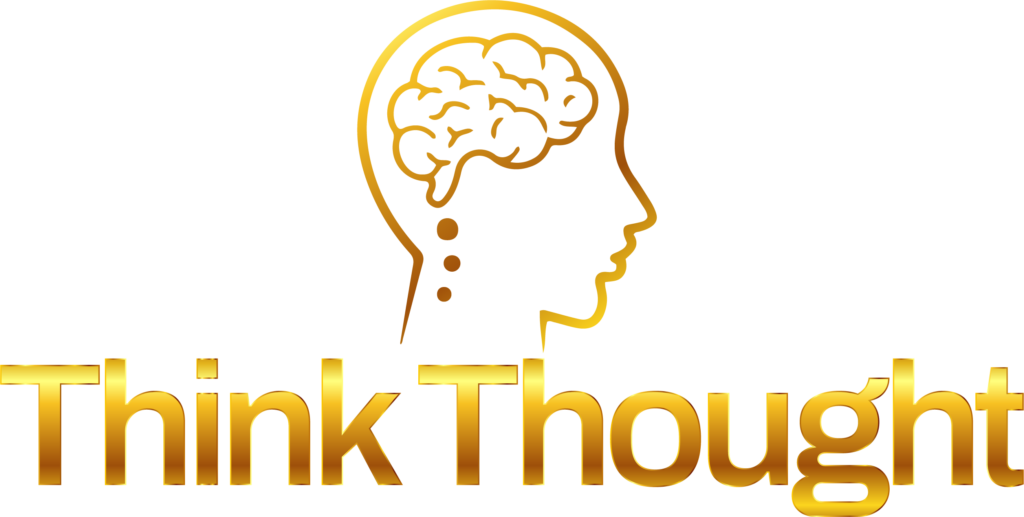In our hyper-connected world, the constant stream of notifications, emails, and social media feeds can feel overwhelming. This digital overload can contribute to heightened feelings of anxiety and depression. A digital detox for mental health is a period of intentionally disconnecting from devices, and it’s gaining traction as a powerful tool for reclaiming mental clarity and peace. This practice is essential for managing the impact of constant connectivity on our well-being.
At Psychehope LLC, we understand the complex relationship between technology and mental health. Our expert team in Washington provides compassionate support for a range of challenges, including stress management, anxiety, and depression. This blog post will explore the link between digital overuse and mental health, and provide practical strategies for a successful digital detox for mental health.
The Digital Overload: How Connectivity Fuels Mental Health Challenges
The constant exposure to digital stimuli can create a state of perpetual alertness. Our brains are not designed to process the immense volume of information we receive daily. This continuous “on-duty” state can lead to burnout, chronic stress, and a nervous system that is always in “fight or flight” mode.
A significant factor is the rise of social media. Research has shown that heavy social media use can lead to increased social comparison, which often results in feelings of inadequacy and low self-esteem. A study published in the Journal of Behavioral Addictions found a strong correlation between internet addiction and increased levels of anxiety and depression. The “fear of missing out” (FOMO) is a key driver of this compulsive behavior, creating a cycle of increased digital engagement and deteriorating mental well-being.
Why a Digital Detox Is a Key for Mental Health
Unplugging from the digital world is more than just taking a break; it’s a deliberate act of self-care that can profoundly benefit your mental health. Here’s how a digital detox can help you manage symptoms of anxiety and depression:
- Reduced Stress and Anxiety: Constant notifications and the pressure to respond immediately keep our minds in a state of high alert. Disconnecting allows your brain to relax and reset, lowering your cortisol levels and creating a sense of calm.
- Improved Sleep Quality: The blue light emitted by screens suppresses melatonin, the hormone that regulates sleep. By setting a “digital curfew” before bed, you can improve your sleep hygiene, leading to better rest and mood regulation.
- Enhanced Self-Awareness and Mindfulness: Without the constant distraction of a screen, you can become more present in your own life. This increased mindfulness allows you to tune into your thoughts and feelings, and engage in activities that bring you genuine joy.
- Fostered Real-World Connections: Excessive screen time often comes at the expense of face-to-face interactions. A digital detox encourages you to reconnect with loved ones, strengthening relationships and reducing feelings of loneliness and isolation.
Practical Steps for a Successful Digital Detox
Starting a digital detox doesn’t have to mean abandoning all technology. It’s about setting intentional boundaries to create a healthier relationship with your devices.
- Start Small: You don’t need to go cold turkey. Begin with a “mini-detox,” such as a tech-free Sunday afternoon or a no-phone dinner.
- Create Tech-Free Zones: Designate certain areas of your home, like the bedroom or dining room, as device-free spaces.
- Schedule Screen-Free Time: Set aside specific hours each day for offline activities. Replace scrolling with hobbies like reading, journaling, exercising, or spending time in nature.
- Turn Off Notifications: The constant “ping” of notifications is a major source of stress. Turn off non-essential alerts for a quieter, more focused experience.
- Re-engage with Hobbies: A digital detox can help you rediscover interests that may have been sidelined by screen time. Pick up an old hobby or try something new.
For those struggling with more severe symptoms, a digital detox can be a helpful starting point, but it’s important to recognize when professional help is needed. If you find yourself unable to manage symptoms of anxiety or depression, or if your relationship with technology is impacting your daily life, an online therapist or online psychiatrist can provide the support you need.
Reclaiming Your Peace of Mind
In our fast-paced society, the pressure to be constantly connected can feel immense. However, intentionally stepping back from the digital world is a powerful way to care for your mental health. By understanding the impact of digital overload and taking practical steps to unplug, you can significantly reduce anxiety and depression, and rediscover a more peaceful, present version of yourself.
Connect with Psychehope LLC
If you are navigating the complexities of mental health and digital wellness, our compassionate team at Psychehope LLC is here to help. Located in Washington, our services include individual therapy and specialized support for anxiety, depression, and stress management. We offer convenient, high-quality care that you can access from anywhere. To learn more or to schedule an appointment, you can visit our website at thinkthoughtpsychiatry.com, call us at +18889086920, or email us at info@thinkthoughtpsychiatry.com. We accept various insurance plans in addition to self-pay options.
